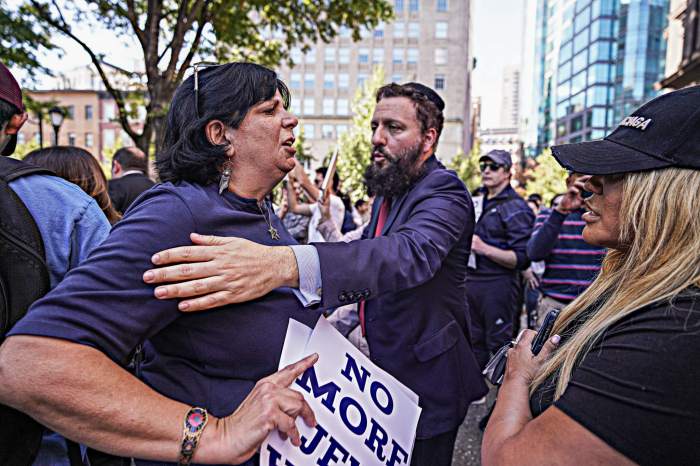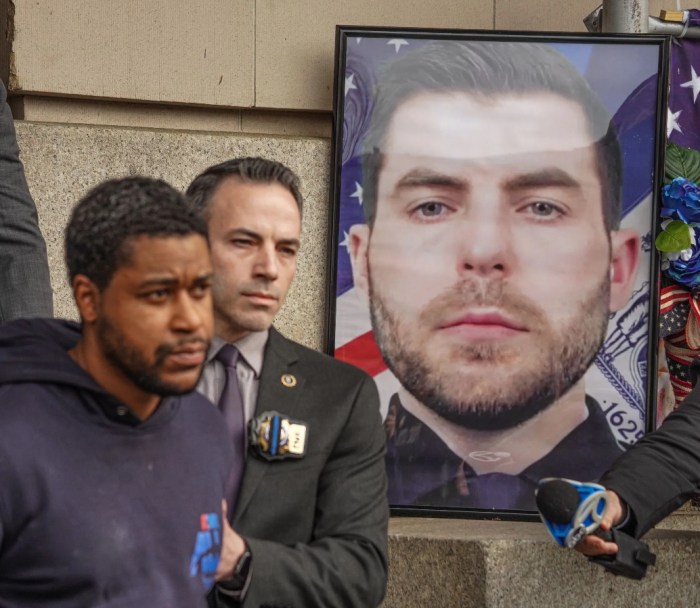
The fancy vacation, the expensive watch or even that wonderfully phrased “low-show” high-paying job for a relative are always mere gifts between friends. That’s the fashionable defense these days for elected officials and their associates on trial for allegedly accepting what federal prosecutors call a bribe or a kickback.
That was the card Joseph Percoco, a former top aide to Gov. Andrew M. Cuomo who was convicted of corruption charges Tuesday, tried to play. New Jersey Sen. Robert Menendez succeeded with that defense to explain a trip to Paris and $600,000 in campaign contributions from a wealthy ophthalmologist. His Newark trial ended in a hung jury and the Justice Department later dismissed the charges. Former Assembly Speaker Sheldon Silver tried to convince the jury that he was best friends with the prosecution’s star witness, even giving him homemade Passover matzoh, and that he didn’t steer state research grants to him in return for client referrals for his law firm.
In Percoco’s case, the jury found that almost $300,000 paid to his wife for a “low-show” job developing a fourth-grade lesson plan about energy was really a bribe from firms that wanted the powerful operative to deliver favors, such as relief from expensive labor-construction rules.
No law will stop someone with bad intentions. What must change is the legal business-as-usual that can allow criminal behavior. Cuomo is being tone deaf regarding serious concerns about Albany’s unsavory culture that prosecutors detailed in the case.
Cuomo has promised new laws to help return integrity to state government. He still hasn’t persuaded the State Legislature. The most comprehensive way to curb corruption is public campaign financing, but there are other effective steps. Many states and cities bar campaign contributions from lobbyists or corporations doing business with a government entity for a certain period, say two years, before or after an election. Additionally, the ceiling on contributions must be lowered, and loopholes that undermine those limits and frustrate transparency must be eliminated.
Until the money is squeezed out of politics, the “gifts” will continue.

















